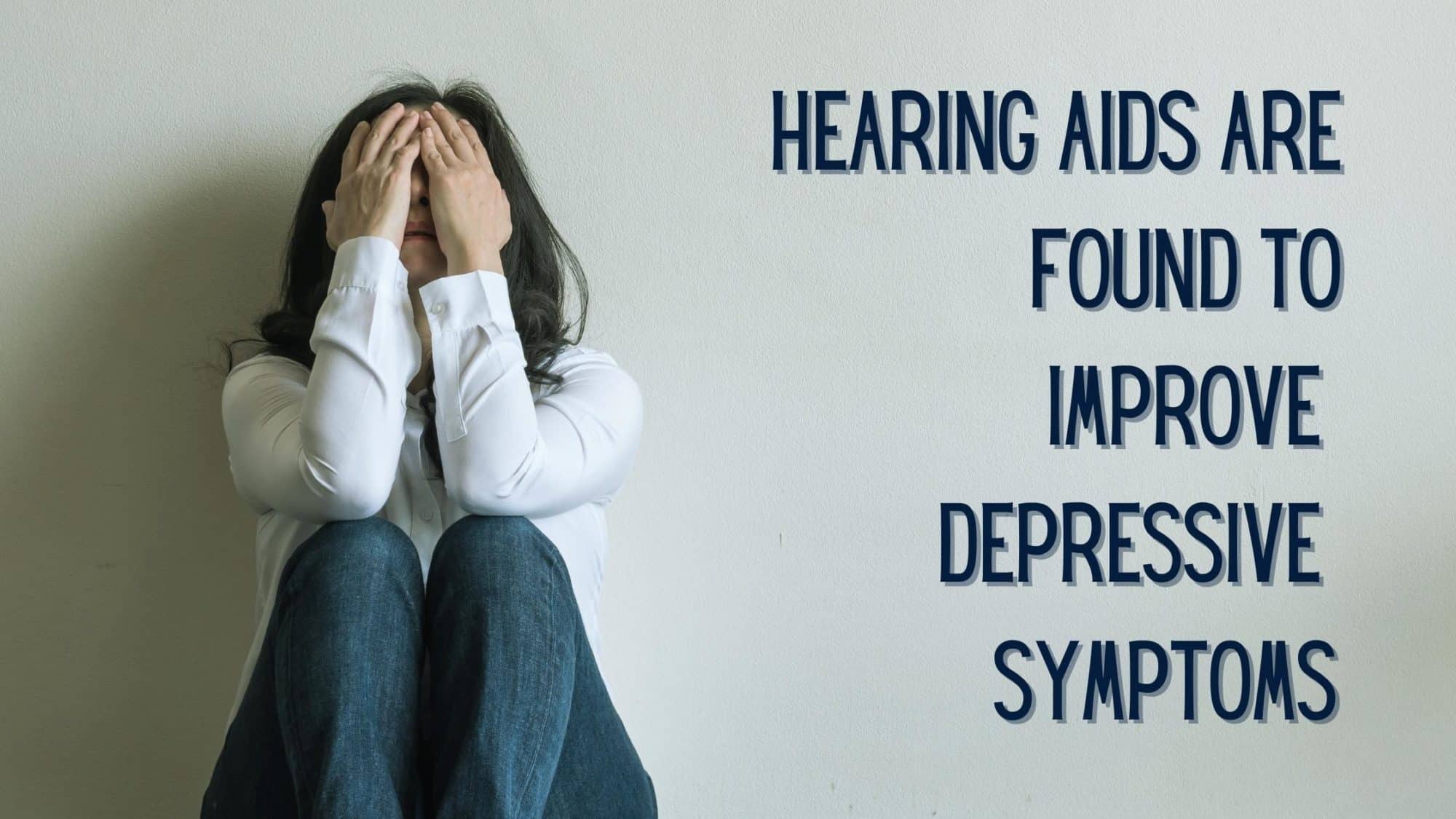- The Future of Hearing Health Research: Promising Breakthroughs - April 18, 2024
- Hearing Health in the Classroom: Strategies for Teachers and Students - April 6, 2024
- The Power of Bluetooth: A New Chapter in Hearing Aids - March 26, 2024
In so many instances, we take our basic abilities for granted. For those who have great eyesight, they might notice a beautiful sunset and not think, ‘how lucky I am to be able to see this.’ As we negotiate the various stressors of our day and the difficulties we face, it can be tempting to overlook how easily some things come to us.
For many people who lose their ability to hear easily later in life, coming to terms with hearing loss can be a life-changing episode. What was once an effortless and almost invisible ability, that of verbal communication with others, becomes challenging and frustrating when our sense of hearing is damaged. In many people with hearing loss, this experience can lead to feelings of isolation and depression.
Rates of depression for people with hearing loss
A study conducted in 2014 found that people with declining ability to hear have more than double the rates of depression compared to people who had no trouble hearing. Among those with hearing loss in older demographics, depression is rampant. A 2019 study revealed that about one in five hearing-impaired older adults has symptoms of clinical depression.
Study finds hearing loss can lessen depression
However, treating hearing loss can have rejuvenating effects on people’s mental health. In a study published by the Journal of American Medicine Otolaryngology-Head Neck Surgery, scientists found that implementing use of hearing aids or cochlear implants significantly reduced instances of depression in people with hearing loss.
In a cohort of 113 people, researchers evaluated participants using the Geriatric Depression Scale (GDS) at both six and twelve months after starting treatment. They found that depressive symptoms lessened after treatment and remained effective, even after some time.
How hearing loss works
Untreated hearing loss is a problem in the United States. According to a JAMA-published study of 2,613 adults older than 60, 42 percent reported no trouble hearing but were discovered to have mild hearing loss upon testing. Clearly, hearing loss is a condition that can be hard to self-diagnose.
Due to excessive noise exposure, or more likely the natural aging process, the delicate cells of our inner ears can decay. They are integral to the hearing process, as they receive the sound information collected by the ear and then transmit it to the brain for processing. As these cells are damaged, they neither replicate nor repair themselves. Instead, we are simply able to receive less sound information and less is delivered to the brain.
Early symptoms of hearing loss
As these cells die off, we lose frequencies (typically high ones) first. It isn’t an overall lowering of volume. Instead, it can seem like everyone around you is mumbling. Problems discerning speech clarity is a major indicator of early hearing loss, and you might find yourself saying ‘what?!’ much more often in conversation. This can lead you to avoid conversations, phone calls and even large gatherings, where speech clarity can be obstructed by a lot of background noise. These symptoms can be so subtle, though, that it is often our friends and family that notice our hearing loss first.
Why does depression stem from hearing loss
Considering what is at stake when hearing loss enters the picture, depression and other negative emotional impacts make sense as potential outcomes. James Firman, president and CEO of the National Council on Aging agrees. “People with hearing loss, especially those who don’t use hearing aids, find it more difficult to communicate with other people,” he says, “whether in family situations, social gatherings or at work.”
Many could benefit from treating hearing loss
Of the nearly 30 million adults who could benefit from wearing hearing aids, only one in three has ever tried them. There are various barriers, including cost and old-fashioned stigmas about aging. But most people who try hearing aids report high levels of satisfaction, improved relationships and most would recommend them to a friend.
Schedule a hearing consultation today to find out if hearing loss is impacting your life. Our team of hearing health professionals can guide you through the simple process of a hearing exam. Once we have your results, we can begin to take action and get you on a path towards your most enhanced hearing future.

